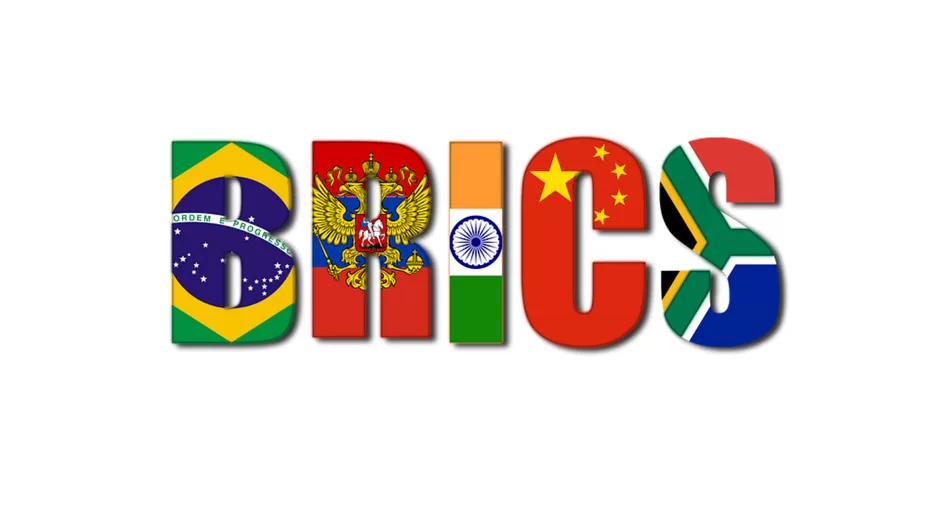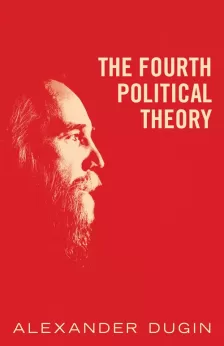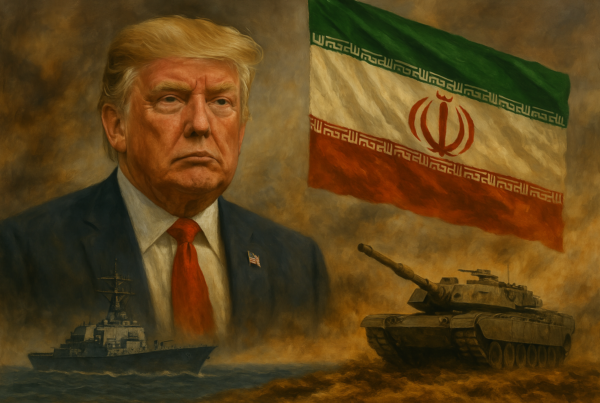The Global Balance of Power Shifts
As the world watches in anticipation, the US dollar’s long-held global supremacy is being questioned. A recent Bloomberg report disclosed that an astonishing 19 countries are eager to join the BRICS alliance – comprised of Brazil, Russia, India, China, and South Africa. This development evokes Alexander Dugin’s theory of multipolarity, suggesting a shift in the balance of power across the globe.
Discussions on Expansion at the June Summit
This news precedes the annual summit of the BRICS group, scheduled for June 2 and 3 in South Africa. Anil Sooklal, the South African ambassador to the group, stated that they would discuss the expansion of BRICS and the modalities of how this should be done. He said that they receive applications to join every day and also confirmed that six countries have informally requested to join, while the remaining thirteen have submitted formal applications.
In the year 2006, the formation of the BRIC organization transpired with the initiation of four nations, which subsequently evolved into BRICS upon the inclusion of South Africa in 2010. To date, this remains the sole instance of a new member’s admittance. Among the countries proffering formal applications for membership, as divulged by Sooklal earlier this year, are Saudi Arabia and Iran, adding intriguing dimensions to the alliance’s composition.
A Decline in the US Dollar Index
In comparison to its yearly high last month, the US Dollar Index (DXY) has experienced a significant decline, dropping by over 4% at the time of writing.
BRICS Surpasses G7 in GDP
BRICS announced a few months ago that it was prepared to accept new members. Intriguingly, this group of nations already surpasses the G7 states regarding GDP when measured by purchasing power parity.
This development is of particular importance as the bloc is working on creating a new currency to replace the US dollar in international trade, in response to Western sanctions against Moscow and Beijing. This signifies a potential financial revolution.
The Rise of “De-dollarization”
The term “de-dollarization” has become increasingly prevalent this year for a variety of reasons, such as concerns about the US debt ceiling and Saudi Arabia’s pledge to restore ties with Iran.
Furthermore, recent IMF data indicate that the USD’s share of global reserves has decreased from approximately 70% in the late 1990s to a mere 58.4% today.
Indonesia is the latest nation to join the ranks of the BRICS countries in the process of de-dollarization, moving away from the US dollar for trade settlements and financial transactions, as stated by the nation’s central bank governor on April 21.
Exploring Dugin’s Multipolarity Theory
Dugin’s theory of multipolarity posits that a single power (i.e., the United States) should no longer dominate the world; instead, several centers of power should emerge. These centers would have the freedom to interact, cooperate, and compete with one another, ultimately leading to a more balanced global order. Dugin himself said in his book The Fourth Political Theory that in a multipolar world the model of global governance will be based on the interaction of several large spaces, or poles, each of which possesses its own self-sufficient cultural and geopolitical identity.
The expansion of the BRICS alliance aligns with this theory, as it challenges the hegemony of the United States and its currency. The diverse array of countries uniting within this alliance, each possessing unique strengths and resources, contributes to the shifting global balance of power.
In a world where the mighty dollar has reigned supreme, the prospect of an alternative currency supported by the ascendant BRICS nations is enough to unsettle even the most stalwart of Wall Street financiers. As the BRICS bloc continues to expand, it will only add more momentum to the multipolarity movement.
These intrepid Wall Street financiers, long accustomed to a world where their beloved dollar is the lifeblood of global commerce, must now contend with the specter of a multipolar world. The pillars of American exceptionalism that once stood unshaken are beginning to wobble under the weight of a new international landscape, one that heralds the rise of new economic powers and the potential decline of the United States’ unchallenged supremacy.
The Implications: A New World Order on the Horizon?
What do these developments mean for the global community? With the US dollar’s dominance in jeopardy, the world is inching closer to Dugin’s vision of multipolarity. As the BRICS alliance expands its power and influence, we may very well witness the emergence of a new world order. It is imperative for the international community to prepare for the potential ramifications of this shift in power dynamics.
In summation, the burgeoning clout of the BRICS coalition engenders undulating reverberations throughout the realm of global finance. This metamorphosis, conjoined with the ebbing supremacy of the US dollar, heralds the potential emergence of an increasingly multipolar world. As the international community contends with the ramifications of this extraordinary evolution, the stage is set for the unfolding of an enthralling and intricate geopolitical melodrama. To borrow the timeless words of Shakespeare’s Hamlet, “The time is out of joint: O cursed spite / That ever I was born to set it right!” (Act 1, Scene 5). This eloquent utterance encapsulates the pervasive sentiment of disarray and obligation that the global populace may encounter whilst navigating the uncharted waters of this novel epoch, replete with fluctuating power structures and nebulous allegiances.










BRICS gives is some hope. My only concern is that the Lula types keep their strange social ideas to themselves. A Bolsonaro led Brazil enthusiastic about BRICS would be better. But at this stage we have to work with what we have. Another great article from Constantin!